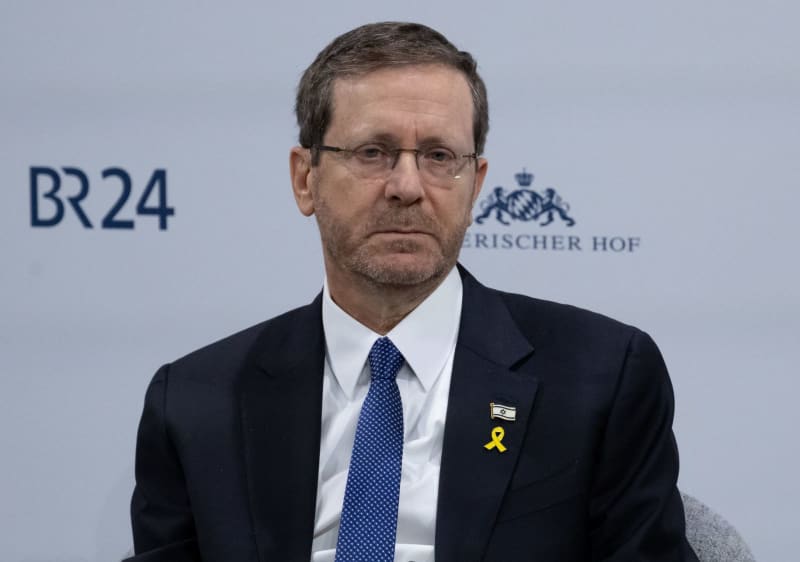Shortly before the one-year anniversary of the Hamas attack on October 7, Israeli President Isaac Herzog delivered a speech emphasizing his commitment to overcoming the enduring hatred in the region. In his address, Herzog expressed a strong desire for peace with neighboring countries, stating, “We have not abandoned our deep longing and pursuit of peace with our neighbours.” This message of resilience highlighted the Israeli people’s ability to rise above hatred, as he reaffirmed his belief in the possibility of a better world despite the ongoing challenges.
Herzog acknowledged the lasting wounds inflicted upon the nation by the tragic events of the previous year. He pointed out the ongoing plight of hostages who continue to endure torture and death in captivity, underscoring the urgency of their situation. The pain inflicted by the brutal terrorist attack is still palpable within Israeli society, with many people grappling with loss and trauma. Herzog’s comments reflect a deep awareness of the psychological impact of violence on individuals and communities, and he called attention to the harsh realities stemming from the attack.
The sense of insecurity pervading Israel was a central theme in Herzog’s speech. He detailed how the Hamas assault shattered the people’s feeling of safety and stability. Additionally, he highlighted the plight of tens of thousands of internally displaced persons who remain unable to return to their homes due to the continuing conflict and instability. This situation underscores the broader consequences of violence on social cohesion and community well-being in affected areas.
In addressing global concerns, Herzog pointed out a disturbing rise in anti-Semitism worldwide, which he attributed to the recent Gaza conflict and the fallout from the Hamas attack. This increase in hatred echoes the pervasive issues of identity and belonging in a world marked by division and strife. Herzog’s remarks serve as a wake-up call about the dangers of intolerance and the importance of fostering understanding among diverse communities.
Moreover, Herzog acknowledged the multifaceted suffering experienced not only by Israeli Jews but also by Muslims, Christians, and Druze citizens within Israel, as well as Jewish communities globally. His awareness of this collective pain reveals a complex tapestry of shared human experience, suggesting that the scars of conflict extend beyond any single group. Such recognition is essential in moving toward a more inclusive dialogue centered on healing and coexistence.
In conclusion, President Isaac Herzog’s speech encapsulated the intricate challenges Israel faces following the Hamas massacre, framed by a persistent hope for peace and healing. His emphasis on resilience, acknowledgment of collective suffering, and the call for overcoming hatred reflect a vision of unity amid adversity. As Israel navigates the aftermath of violence and strives for security, Herzog’s desire for a better future serves as both a reassurance to his people and a reminder of the vital work needed to foster understanding and reconciliation in a fractured world.

